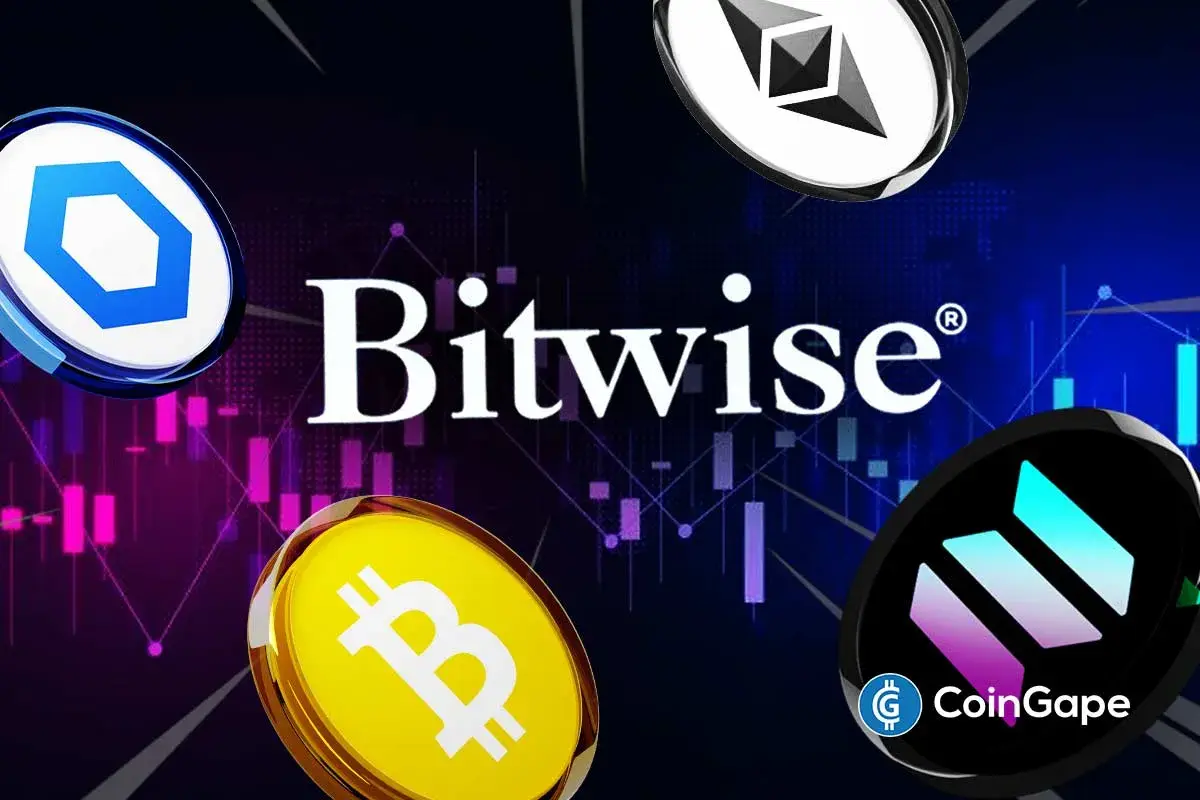Breaking: Consensys Fights for Ethereum, Sues SEC to Block Regulation

Highlights
- Consensys sues SEC to prevent Ethereum from being labeled as a security.
- The lawsuit cites a lack of fair notice and unconstitutional due process.
- The case highlights ongoing regulatory disputes in the cryptocurrency sector.
Ethereum developer Consensys has initiated a lawsuit against the U.S. Securities and Exchange Commission (SEC) in the District Court for the Northern District of Texas. The company aims to prevent the regulator from classifying ETH as a security.
Consensys Sues SEC Over Ethereum Classification
Consensys contests the SEC’s recent actions, which suggest Ethereum might be treated as a security. The company received a Wells notice on April 10, signaling the SEC’s intention to enforce securities laws against Consensys for its MetaMask wallet product. Consensys refutes the claim that it operates as a broker, emphasizing that MetaMask merely serves as an interface and does not manage customer assets or transactions. The firm argues that this classification could undermine the longstanding understanding of Ethereum as a commodity, not a security.
The lawsuit also references a 2018 speech by former SEC Director Bill Hinman, which indicated that Ethereum was seen as a commodity. Moreover, the Commodities Futures Trading Commission (CFTC), which oversees derivative products linked to Ethereum, has also recognized cryptocurrency as a commodity, adding to the regulatory confusion.
Constitutional Concerns and Major Questions Doctrine
Consensys accuses the SEC of a major reversal that differs from its previous stance and that the SEC failed to provide fair notice ahead of the move, which makes the due process rights unconstitutional. The action asserts that the SEC’s backtracking might lead to the end of both the Ethereum network and Consensys.
The lawsuit furthermore relies on the “major questions doctrine,” the idea brought up by the majority of Supreme Court rulings that limit the regulatory authority of federal agencies beyond their original mandates given by Congress. Consensys refers to the cases where Terraform Labs, as well as Coinbase, had their joint applications dismissed primarily because of the unavailability of the “abstention doctrine” on crypto-related questions. The company asks the court to make a judicial ruling that ensures that Meta Mask’s staking functions and swap features do not violate securities law and prohibits the continuation of SEC investigations or enforcement actions against these functions.
Crypto Sector Defends Against SEC’s Tightening Grip
However, Consensys’s litigation is one of the few stumbling blocks that the crypto sector has had with the SEC. The SEC has also filed lawsuits against other leading exchanges, such as Binance.US and Kraken. It should be noted that Uniswap Labs also revealed that it had been served with a Wells notice from the SEC.
Consensys’s corresponding action, combined with others taken by the Blockchain Association and firms like Legit Exchange, is labeled a class action lawsuit. These companies are struggling for the same cause, which is controlling the scope of authority that the SEC has over particular crypto assets and companies. They justify their intent as a measure of defense against regulatory overreach that can strangle the crypto market, which is quite new and fast-growing.
Read Also: Bitcoin Trust (GBTC) Sets Unprecedented Outflow Record: What’s Next?
- Expert Predicts Deeper Bitcoin Decline as JPMorgan CEO Warns of Similarities to the 2008 Financial Crisis
- Trump Won’t Pardon FTX’s Sam Bankman-Fried (SBF), White House Says
- Third Spot SUI ETF Goes Live as 21Shares Fund Launches on Nasdaq
- Mark Zuckerberg’s Meta Reportedly Eyes Stablecoin Integration This Year Amid Regulatory Clarity
- Coinbase Rivals Robinhood As It Rolls Out Stocks, ETFs Trading In ‘Everything Exchange’ Push
- Cardano Price Signals Rebound as Whales Accumulate 819M ADA
- Sui Price Eyes Recovery as Third Spot SUI ETF Debuts on Nasdaq
- Pi Network Price Eyes a 30% Jump as Migrations Jumps to 16M
- Will Ethereum Price Dip to $1,500 as Vitalik Buterin Continues Selling ETH?
- XRP Price Outlook as Clarity Act Passage Odds Plunge to 53%
- COIN Stock Risks Crashing to $100 as Odds of US Striking Iran Jump

 Claim Card
Claim Card

















